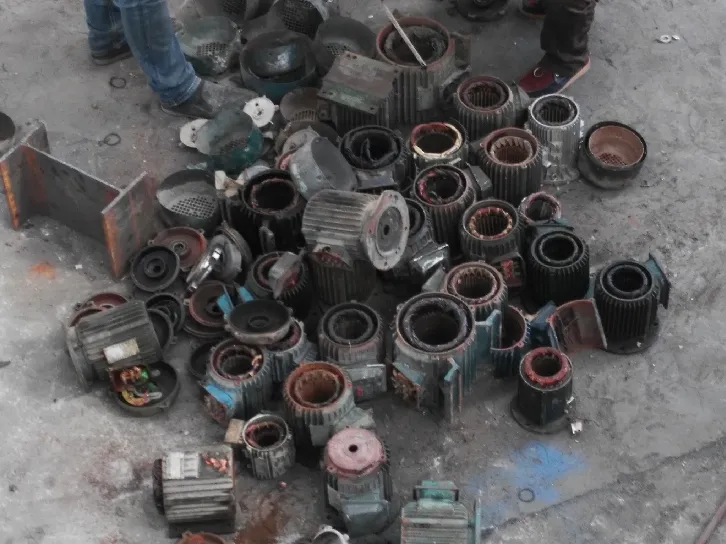
10 月 . 11, 2024 20:45 Back to list
How to Get Rid of Old TVs A Comprehensive Guide
As technology advances, many households find themselves with old televisions that no longer serve their purpose. Whether you've upgraded to a newer model or simply want to declutter your space, disposing of an old TV can be a challenge. Here’s a comprehensive guide to help you navigate the process of getting rid of your outdated television responsibly and efficiently.
1. Determine What Type of TV You Have
Before deciding how to dispose of your old TV, it's important to identify its type. Older cathode ray tube (CRT) TVs contain hazardous materials like lead, while newer flat-screen models may have different disposal requirements. Knowing your TV's type can help you find the most suitable disposal method.
2. Check Local Regulations
Before taking any action, check your local regulations regarding electronic waste disposal. Many areas have specific guidelines for disposing of electronic devices, including televisions. You can typically find this information on your city or county’s waste management website. Following local laws is crucial to avoid fines and promote environmentally friendly practices.
3. Consider Donation
If your old TV is still in working condition, consider donating it to local charities, schools, or community centers. Many organizations accept working electronics and will either refurbish them for use or resell them to raise funds. Before donating, ensure that the TV meets the organization’s requirements and is safe to use.
4. Retailer Take-Back Programs
Many retailers offer take-back programs for old electronics, especially when you purchase a new device. This has become a convenient option for many consumers. Retailers like Best Buy, Target, and others may accept your old TV for recycling, often free of charge. Check with your retailer to see if they have a program in place.
5. Recycling Centers

If donation isn’t an option, your best bet may be to recycle your old TV. Many recycling centers specialize in electronic waste and have the facilities to safely dismantle and dispose of hazardous materials found in old televisions. To find a local recycling center that accepts TVs, visit websites like Earth911, which provides a directory of e-waste recycling locations based on your zip code.
6. E-Waste Collection Events
Many communities host e-waste collection events, where residents can drop off old electronics for proper recycling. These events are usually free and provide a safe way to dispose of unwanted equipment. Keep an eye on local news, social media, or municipal websites for announcements about upcoming e-waste collection events in your area.
7. Proper Disposal
If none of the above options work, and you must dispose of the TV yourself, never throw it in the regular trash. Old TVs can release harmful chemicals into the environment. Instead, contact your local solid waste management authority for guidance on how to properly dispose of your TV. Some areas may have specific landfill sites designated for electronic waste.
8. Prepare for Pickup or Drop-off
If you choose to donate or recycle your TV, be prepared for transport. Ensure the TV is unplugged and, if possible, packed safely to avoid damage. If your TV is particularly heavy, consider enlisting help for lifting and transporting it to its new home.
9. Upcycling Ideas
If you’re feeling creative, think about upcycling your old TV. While this may work better for vintage models, there are numerous DIY projects online that showcase how to repurpose an old television into something new and functional, like fish tanks, bookshelves, or even art pieces. This could be an enjoyable way to give your old TV a new life while reducing waste.
Conclusion
Getting rid of an old TV can seem daunting, but with a little research and planning, it can be done easily and responsibly. Explore donation, recycling, or upcycling options to ensure your old television is disposed of in a way that is safe for both the environment and the community. Remember, the key is to act responsibly and consider how our actions impact the planet.
Latest news
Unveiling the Power of Eddy Current Separator
NewsSep.25,2024
Transform Your Home Recyclin:home metal shredder
NewsSep.25,2024
The Future of Waste Management with Recycling Line Picker
NewsSep.25,2024
The Benefits of a Metal Recycling Plant
NewsSep.25,2024
Revolutionize Material Separation with Onwang Technology
NewsSep.25,2024
Innovative Waste Management: Unveiling the MSW Sorting Plant
NewsSep.25,2024